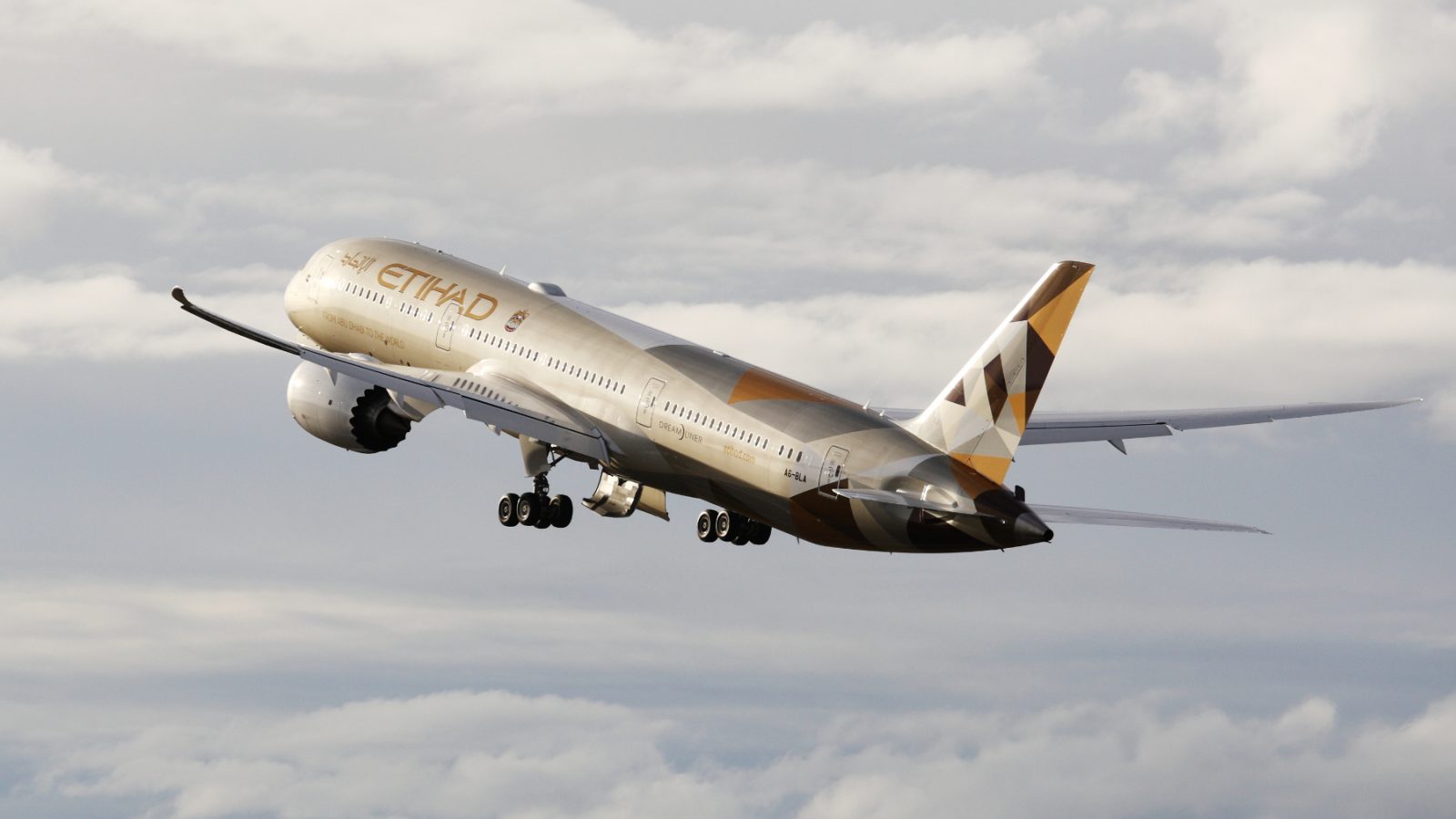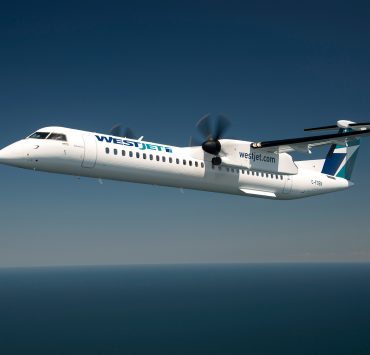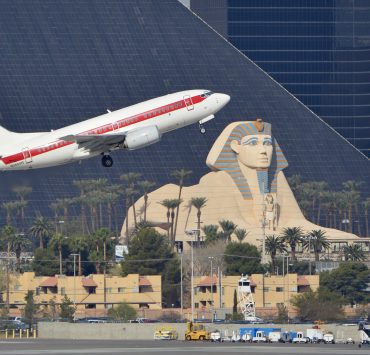
Last year, a German newspaper reported on rumours that the rulers of Dubai and Abu Dhabi had held secret talks about a possible merger between their respective airlines – Emirates and Etihad Airways. The newspaper cited two sources who were familiar with the matter but neither airline has ever publicly commented on the reports.
That being said, Sir Tim Clark, the longtime President of Emirates has never gone out of his way to deny the rumours. In fact, Clark has said any decision would be for the ruling families to make and in October he said his airline would be open to “cooperating” with Etihad.
What Clark meant was things like joint procurement and the sharing of resources – hardly a merger but still a massive step for both airlines. Since it was founded by Royal Decree in 2003, Etihad Airways has never had any kind of agreement with the much older and larger Emirates.
Instead, Etihad has built a very similar route network, targeting the same passengers as Emirates and spending huge amounts of money in an attempt to catch up with Emirates – despite Abu Dhabi’s location just 128km south of Dubai. But those efforts, including an attempt to create its own airline alliance by investing in foreign carriers, has largely failed.
In 2017, Etihad reported a huge loss of $1.87 billion (USD) for the 2016/2017 financial year. For its part, Emirates saw a near 80% drop in profits last year although the situation has somewhat improved at the Dubai-based airline.
But on Monday, Etihad and Emirates signed their very first Memorandum of Understanding (MOU) with one another – the first time the two airlines have ever cooperated in their business ventures.

The deal is relatively small, with Etihad signing up Emirates Group Security (a division of the wider Emirates Group) to provide security services for Etihad. The deal will see Emirates provide security services for its rival both inside and outside the UAE according to Reuters.
This certainly makes sense for Etihad – as an airline desperately trying to save money, it’s a sensible business decision to outsource security services. Emirates Group Security has a large presence in the UAE and undertakes a lot of work outside of just the aviation industry.
Nonetheless, it’s a bold move to allow a rival airline to deal with such a sensitive area of its own business. What’s really interesting about the MOU is that it will allow the two sides to share “information and intelligence” – possibly opening up the doors to much closer cooperation in the near future.

While hardly a merger, even this agreement would have seemed impossible just a couple of years ago. But Etihad has taken a rather radical approach to trying to save its business in the last 12-months – the airline has cut ties with failing airlines, largely abandoning its Etihad Airways Partners project and who would have thought Etihad would introduce a Buy On-Board (BOB) service?
For its part, Emirates has recently formed an “extensive partnership” with low-cost sister airline, flydubai. Despite offering very different products, Emirates now codeshares with many flydubai services, covering 81 destinations.
But the partnership goes much further than just codesharing. The two airlines have agreed to closely cooperate on scheduling, joint procurement and resource planning. And of course, both share information and intelligence.
Meanwhile, Etihad has just announced the appointment of its new Chief Financial Officer – Formerly CFO at New York-based jetBlue Airways, Mark Powers will certainly have his work cut out for him. With years of experience, Powers also held senior roles at Northwest Airlines and Continental Airlines.
Tony Douglas, the Chief Executive of the Etihad Aviation Group said be believes Powers will “play a pivotal role in helping to guide Etihad onto the next stage of its development.”
Mateusz Maszczynski honed his skills as an international flight attendant at the most prominent airline in the Middle East and has been flying throughout the COVID-19 pandemic for a well-known European airline. Matt is passionate about the aviation industry and has become an expert in passenger experience and human-centric stories. Always keeping an ear close to the ground, Matt's industry insights, analysis and news coverage is frequently relied upon by some of the biggest names in journalism.









